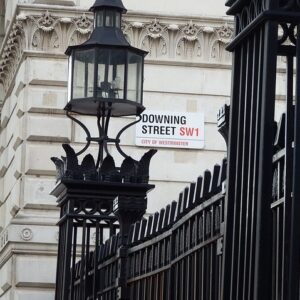The Head of Government is the highest-positioned persona in a public office. They may have many different roles, titles, rights, duties, and levels of significance in general based on numerous principles. Primarily, these principles are the form of government and the structure of the state. Further, they are, in general, the heads of the executive branch. But, depending on the system, they can also have legislative power. That is if they are also members of the parliament.
The position can hold many different names. However, most common is a prime minister or chancellor.
In a presidential system, this person is also the Head of State. This person is in charge of the central institutions. They are the leaders of the cabinet of ministers (government). Further, the parliament holds them accountable. Thus, they have to gain legitimacy from the elected members of parliament. In a semi-presidential system, the president can also keep them answerable. Lastly, in the parliamentary system, they have more powers than the Head of State.

